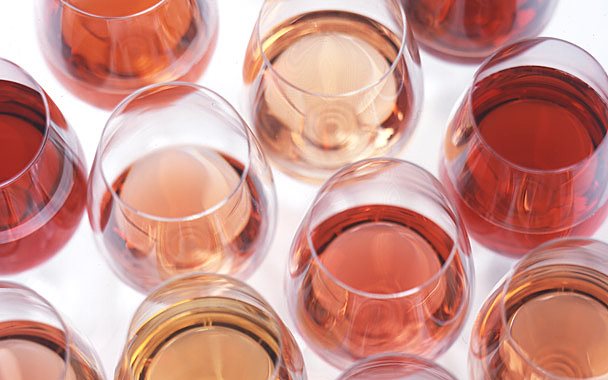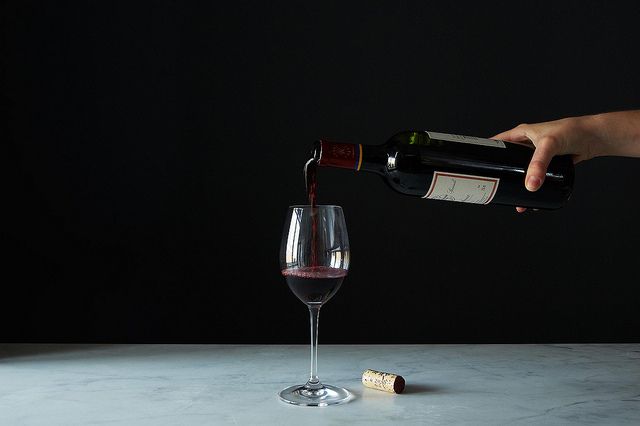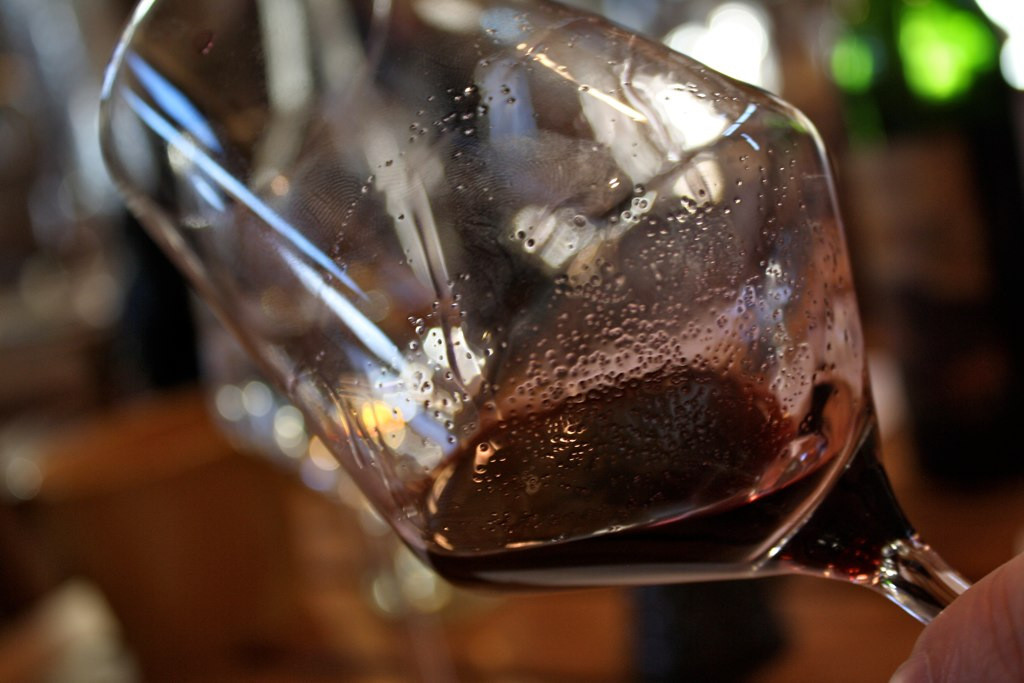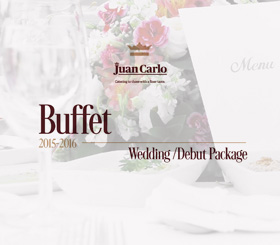How to avoid bad wine?
- As soon as you open up a new bottle of wine, make sure to finish it as soon as possible to avoid oxidation.
- With sulphur-heavy wine, make sure that its taste isn’t equivalent to that of burnt matches or mothballs.
- Decant your wine to avoid any crystals or sediments from making it into the glass.
As mentioned in the previous article, faulty wine is a rampant problem that constantly plagues winemakers, distributors, consumers, and even corporate and wedding catering in Manila. Wine in itself is quite difficult to both produce and maintain, so it comes as no surprise that despite any manufacturer’s best efforts to create every bottle of wine to meet their high standards, one or two (or quite possibly even more) out of every batch will end up sub-par. Most of the time the fault isn’t even theirs; distributors and retailers who are not keen on details may end up storing or handling the wine wrong and spoil them accidentally. They may end up exposing the bottles to the wrong temperatures, place the wrong lids, or even mislabel their labels as a type of wine. Whatever it may be, its taste can be heavily affected by those mistakes, which in turn can affect one’s satisfaction.
It doesn’t take much to ruin a good bottle of wine after all, and sometimes it simply can’t be helped. Luckily for your wedding reception, you can rely on the wedding caterer to be very careful when it comes to the wine we serve. You can also be assured that the wine served at your wedding reception will be nothing but the absolute best. All the more reason to cherish the day when it comes.
In the previous article, we covered how to single out a couple of the most common causes of bad wine: corking and cooking. In this article, we’ll cover three more. These are oxidation, Sulphur, and sediments.
Oxidized Wine
Oxygen is an integral part of wine development, but having too much of it can lead to ruin. In a process similar to how steel turns to rust or how freshly cut fruit turn brown, oxidation causes rapid degradation.
For better or for worse, wine is no exception. Should the wine be openly exposed to oxygen either during (careless) winemaking, during poor storing, or any other reason, the oxygen will undoubtedly react with the wine and ruin it rather quickly.
Having a little bit is okay though, it’s natural – sometimes the small amount of air that seeps through the cork or is trapped behind it can develop the wine while it’s still in the bottle; just ensure that no more than what’s needed enters. This is a common problem with wine, so make sure to check for this when picking up a new bottle.
Some good indicators of oxidized wine are a loss of color, aroma, and flavor – basically, when the wine “flattens”. Another popular term for oxidized wine is Madeirised – this term is derived from a classic fortified wine of the same name (Madeira) which is made in huge, open vats that are often placed outdoors. This, of course, causes oxidation, but the difference is that for Madeira, it’s intentional as opposed to being a fault.
Nonetheless, it seems as the ideal step in handling this folly is to completely empty your wine bottle as soon as it’s opened. Just be sure to have some friends to share it with to avoid inebriation.
Sulphur-heavy Wine
Sulphur Dioxide – a compound which even the ancient winemaking Romans used to keep their empty wine vessels free from a vinegar smell by burning candles made of the stuff – is an important element. If you look at a wine bottle’s content label, you may find the statement “contains sulfides” – this is because it’s common practice to add a bit of Sulphur to every batch of wine. It acts as an antioxidant and an antibiotic, thus keeping wine from spoilage. (Even “unsulfured wine” contains Sulphur concentrations of up to 10 mg/L.)
Much like any other ingredient in the wine process, if used haphazardly, it will damage the wine and its flavors. Sulphur-heavy wine will produce a nasty taste similar to burnt matches or mothballs; only an ageing Syrah from the Northern Rhône has a similar taste. Though it’s worth noting that in the latter, it’s not a fault because it’s an intentional characteristic of the wine, as opposed to an accident with Sulphur.
For this, always remember to be cautious on how your wine tastes like. You wouldn’t want any misfortune on your taste buds or that of your guests’.
Wine with Sediments or Crystals
Sediments tend to occur naturally – especially for wines that are made to age. They’re not necessarily a fault. While in storage it’s okay to have them in the bottle (as the solid matter in the wine settles), but when poured for drinking, it would be better to decant the wine beforehand as to avoid having little particles in the liquid. Also, it’s best to filter the wine to avoid any sediments from making it into the glass.
The crystals that are commonly found in wine are called tartrate crystals. They are most often found nestled on the underside of the bottle cork or in free suspension. If the manufacturer doesn’t remove it during the manufacturing process, these crystals are more likely to form in the bottle later on when it’s stored in a cool cellar. They’re harmless, though ingesting them is a distasteful experience. It can be like finding misplaced grains of sugar in your drink that’s already bursting enough with flavor.
Key Takeaway
Wine can be a tricky substance to maintain, especially in terms of its standards, taste, and even its manufacturing. Not only can this be difficult for the beverage, but for its practitioners in the winery field as well.
As you can see, winemaking (and wine-keeping) is a process that requires a lot of attention to detail, so make sure to check for faults whenever buying a bottle. You can easily check for these things by simply asking your distributor how they are storing their wine bottles. Even more so, for those planning their weddings, do not hesitate to inquire your caterer of the ways they are keeping their alcoholic beverages – wines (and champagnes as well). You could easily tell if they are the right service for you, if they can assure you that they properly manage their wines and spirits.







